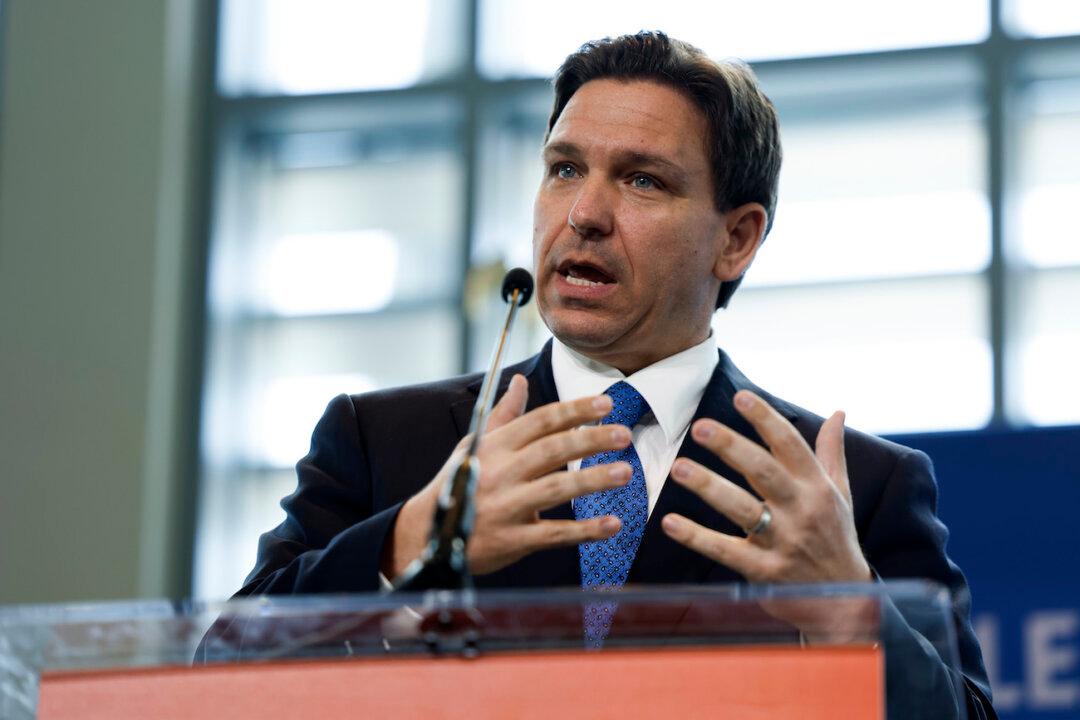Florida Gov. Ron DeSantis signed three bills on May 8 limiting Chinese Communist Party (CCP) influence in Florida.
In a ceremony in Brooksville, the governor signed a measure prohibiting the CCP—or other foreign countries of concern—from buying agricultural land anywhere in Florida, or making land purchases within 10 miles of sensitive locations such as military bases, ports, or power plants.





